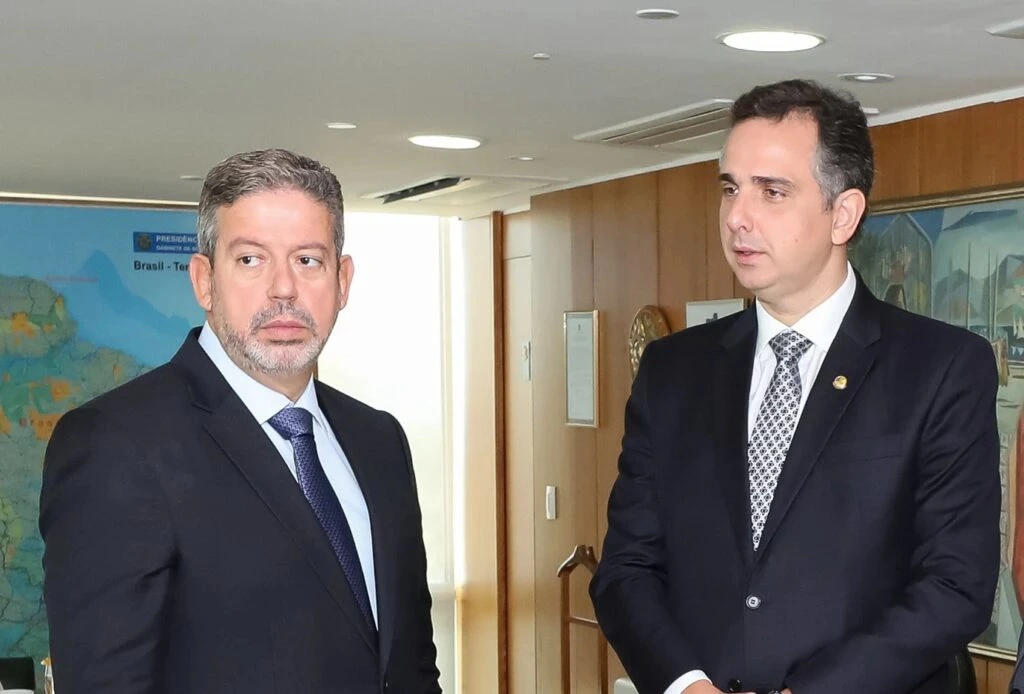(Analyse) The recent clash between Elon Musk and STF Justice Alexandre de Moraes highlights Brazil’s deep political divide.
It particularly illuminates the tension between Senate President Rodrigo Pacheco and Chamber President Arthur Lira.
Pacheco’s call for tighter control on social media to stop unrestricted online behavior has brought attention to the Chamber’s inaction.
As elections approach, Lira shows hesitation to revisit the Fake News Bill, which targets online hate speech and misinformation.
His reluctance is primarily due to a desire to maintain strong ties with allies of Jair Bolsonaro, writes the Estadão outlet in a recent piece.
Lira, opting not to provoke Bolsonaro’s base, focuses on securing support for his own political future.

Conversely, the Senate appears more aligned, potentially backing Davi Alcolumbre, Pacheco’s ally, for Senate presidency.
Musk’s critique of Moraes, accusing him of dictatorial behavior and meddling in elections, has prompted Lira to maintain silence.
This stance reflects Lira’s strategic positioning within the government’s coalition, avoiding confrontation with Bolsonaro’s faction.
As the debate escalates, Supreme Court Justice Dias Toffoli aims to address the liability of social platforms for harmful content swiftly.
Pacheco uses this opportunity to press for the stalled social media regulation bill, critiquing Lira’s lack of action.
Pressure from tech companies and Bolsonaro supporters
The Senate had approved the bill, but it faced delays due to pressure from technology companies and Bolsonaro supporters.
Pacheco champions the need for legal constraints on unethical profit pursuits, emphasizing Congress’s responsibility.
Many voice frustration over inaction on the Fake News Bill, questioning the purpose and timeline of a proposed working group.
Lira’s promise of a new proposal within 30 to 40 days seems optimistic, considering the upcoming holiday season and parliamentary recess, not to mention the election campaign’s impact on legislative activity.
Speculation suggests little hope for the bill’s revival soon, underlining the legislative and political hurdles it faces.

